Kenyans in the US Face Job Risks Following Trump’s New H-1B Visa Order
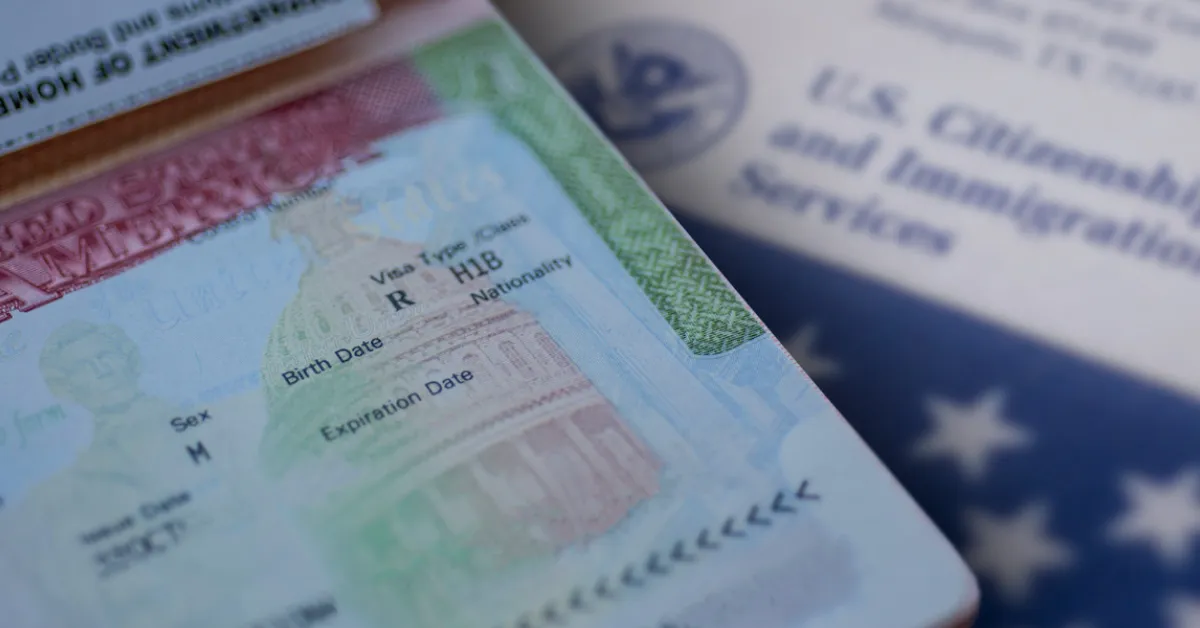
US President Donald Trump has issued an executive order requiring American employers to pay a $100,000 (Ksh12.9 million) processing fee for each foreign worker hired under the H-1B visa programme, with the same amount due annually for renewals.
The directive, effective from 21 September, places a significant financial obligation on companies that sponsor skilled foreign professionals. Employers must provide proof of payment, which will be reviewed by the Secretary of State during visa processing. Failure to comply will result in denial of entry for affected workers, including those temporarily outside the US.
The H-1B visa programme, administered by the United States Citizenship and Immigration Services (USCIS), allows US companies to employ foreign workers in specialised roles requiring at least a bachelor’s degree. The visa is initially valid for three years, with possible extensions up to six years or longer for individuals in the green card process.
An estimated 700,000 H-1B visa holders currently live in the US, alongside around 550,000 dependents. Kenyan professionals, particularly those in information technology, engineering, healthcare, finance, and research, are expected to be among those most affected.
Many work in sectors with high H-1B sponsorship rates, and the new fee may lead some employers to reconsider future or existing hires. Those travelling outside the US could face permanent exclusion if their sponsoring employer is unwilling or unable to pay the re-entry fee.
President Trump stated that the policy aims to prioritise American workers, address alleged misuse of the visa system, and strengthen national security. The order also directs the Departments of Labour and Homeland Security to develop joint enforcement measures, including audits and penalties for violations.
Industry groups, immigration lawyers, and employers have expressed concern over the order’s potential impact on sectors already experiencing labour shortages. Universities, hospitals, and technology firms that rely heavily on skilled international workers are likely to face increased operational challenges.

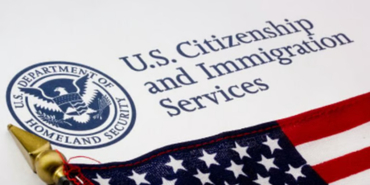
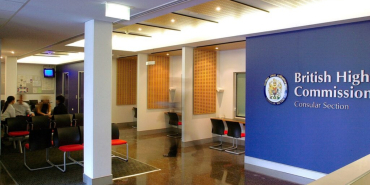
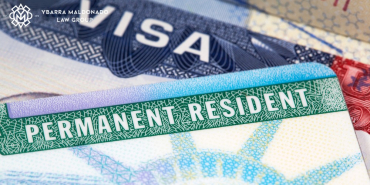

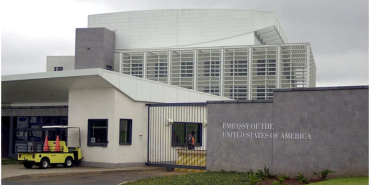

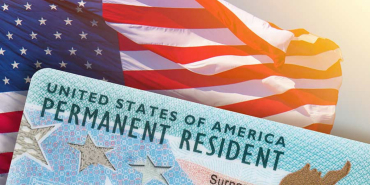




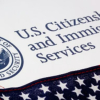

Add new comment